Polygon Impact Roundup, February 2022

It’s been a busy month for Regenerative Finance projects building on the Polygon network. Two carbon credit bridges went live, a metaverse aimed at cleaning up the oceans opened to the public and people around the world met in real life to discuss regulation, governance and UN Sustainable Development Goals. There is a lot to cover, so let’s jump in!
Ecosystem News
Jasmine Energy’s Energy Attribute Certificate Bridge
Jasmine Energy is launching the Jasmine Bridge, which will enable users to move Energy Attribute Certificates (EACs) including Renewable Energy Certificates (RECs) from legacy registries onto the blockchain by tokenizing them. Once on the blockchain, these assets can be integrated with the existing ReFi/DeFi infrastructure to gain a level of financial sophistication not currently available to them in the legacy financial system.
Thallo’s Two-Way Bridge for Registry Credits
Thallo has tokenized its first carbon credits from the Delfines Cupica REDD+ conservation project in partnership with award-winning registry BioCarbon Registry. The bridge enables credit retirements to be performed on-chain while also being reflected on the underlying registry.
Thallo also announced its integration with Puro.earth, which recently became officially endorsed by ICROA. This is the first time a durable carbon removal standard has obtained ICROA endorsement.
Real Items Doubles Down on Circular Economy
Real Items launched its new website, highlighting its shift in focus to the circular economy. Why is this so important? Learn more in our recent blog.
Read more: Linear >> Circular: Unlocking the Future Economy With Blockchains
WWF Opens SaveYour.World Metaverse to the Public
In partnership with Save Species, WWF Deutschland has launched the SaveYour.World metaverse on the Polygon network. Initially soft-launched on World Cleanup Day in the German market, this experience is now open to the entire world.
The experience is designed to educate and enable users to make real-world impact, starting with the plastic crisis.
Read more: Mint Trash NFTs and Save the Ocean in WWF’s Metaverse on Polygon
Dimitra’s Forest Cover Maintenance Certificates
Dimitra has deployed a blockchain-based Deforestation Certification to make it easier for smallholder farmers to provide documentation ensuring that goods brought to the local market are obtained sustainably and in compliance with deforestation regulations. The move comes ahead of impending regulations on agricultural imports to the EU.
Arkeen Network Launches Distributed Energy Resources DApp
Arkreen’s AREC is a Web3-native REC offering projects a new pathway to carbon neutrality. AREC will connect global renewable energy devices data, i.e. rooftop solar panels, and help individuals monetize renewable energy generation data through P2P REC sales.
Provide Announces Enterprise Carbon Offsets
Provide’s new Enterprise Carbon Offests offering brings enterprise systems such as SAP and ServiceNow to the frontier of Web3 regenerative finance. In its first phase, it will allow integration with the digital carbon market in partnership with KlimaDAO. ECO is an early adopter of zero knowledge technology for management of sensitive information when linking enterprise emissions data to a public blockchain for improved trust and programmatic carbon offsetting.
Mercy Corps Ventures Partnership
Polygon Labs and Impact Plus have announced a partnership with Mercy Corps Ventures, the impact investing arm of MercyCorps, to pilot real world use cases, provide blockchain bootcamps and facilitate local hackathons to drive solutions development in emerging markets, to empower underserved communities.
Read more: Mercy Corps Ventures and Polygon Labs Partner to Empower Underserved Communities
IRL With Impact Plus
Polygon Labs continues to work with Impact Plus to enable underserved communities by providing technical workshops, resources, and access to funding. We believe that these communities have the best understanding of their own localized challenges and choose a bottom-up approach to enable them with tools and knowledge, rather than top-down colonization of local development.
Web3 Regulation and Compliance Kenya
An example of such work is a recent event in Nairobi in collaboration with Adanian Labs that brought together regulators, lawyers and the Kenya Web3 ecosystem to discuss and answer questions about the implications of the Capital Markets Amendment Bill and potential future legislation. The event also aimed to address SDG 9 of the UN Sustainable Development Goals.
Blockchain for Rural Development: Part II
Volunteer developers came together with local leaders to discuss and explore the use of blockchain for rural development within the community of Kuje, Nigeria. The event aimed to address SDG 10 of the UN Sustainable Development Goals.
Web3 for Wildlife Conservation: Part II
Kenya has lost nearly 70% of its wildlife in the past four decades and hosts nearly 140 endangered or threatened species. Following the success of the first Web3 for Wildlife Conservation event at Strathmore University in Nairobi, together with Impact Plus, Polygon Labs hosted a workshop at Maasai Mara University and explored how blockchain technology can be leveraged to mitigate the human wildlife conflict challenges in nature preserves. The event aimed to address SDG 15 of the UN Sustainable Development Goals.
SID Blockchain for Social Impact
Polygon Labs and Impact Plus organized an event with USAID and its implementing partners to explore and discuss the opportunities of blockchain technology to assist and improve aid deployment. The event was held at the Society for International Development.
Find out more about sustainability efforts at Polygon Labs, tune into the blog and our social channels to stay up to date on the latest from the Polygon ecosystem.
Together, we can build an equitable future for all through mass adoption of Web3!
Website | Twitter | Developer Twitter | Telegram | Reddit | Discord | Instagram | Facebook | LinkedIn



.png)
.png)
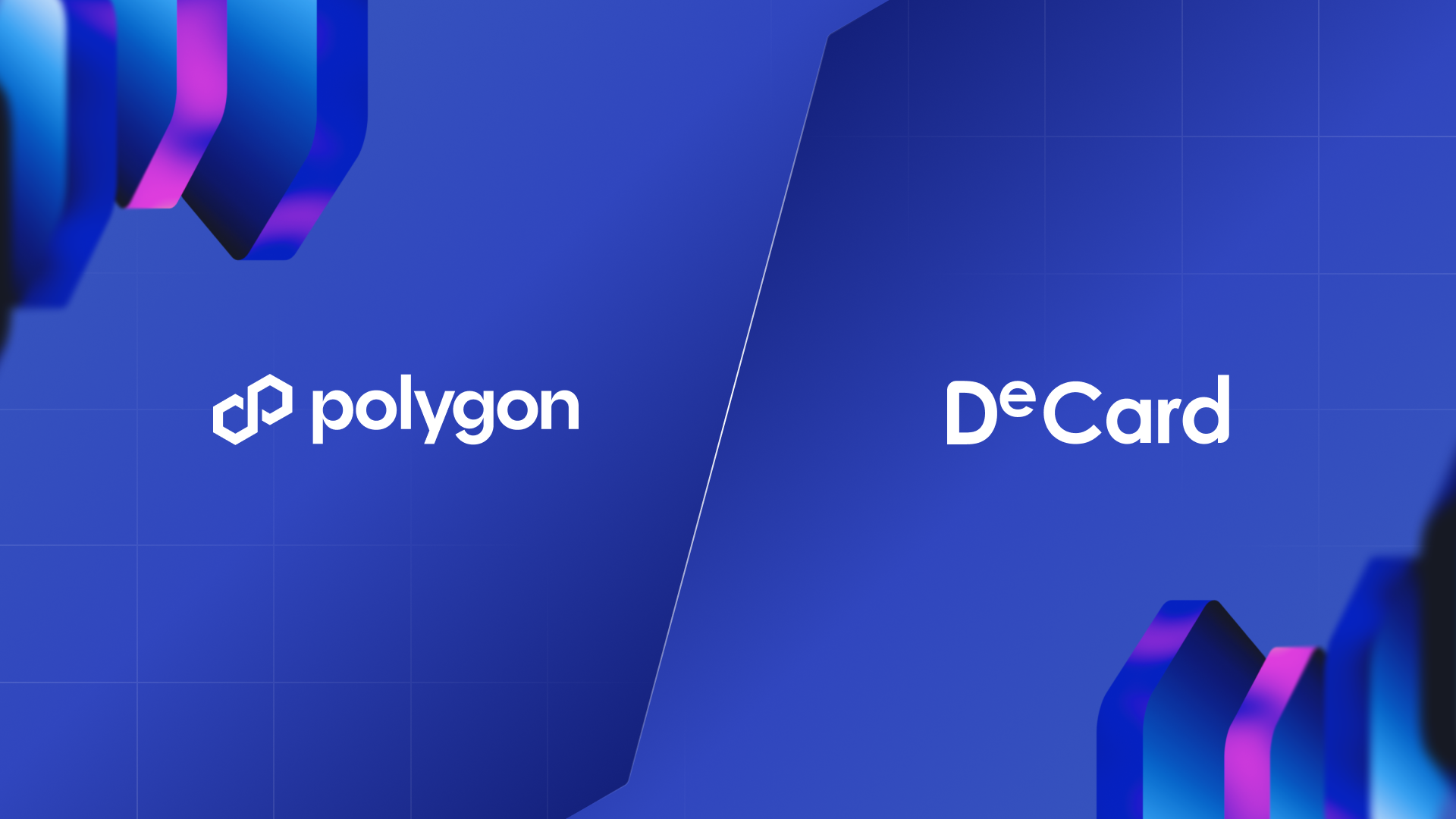
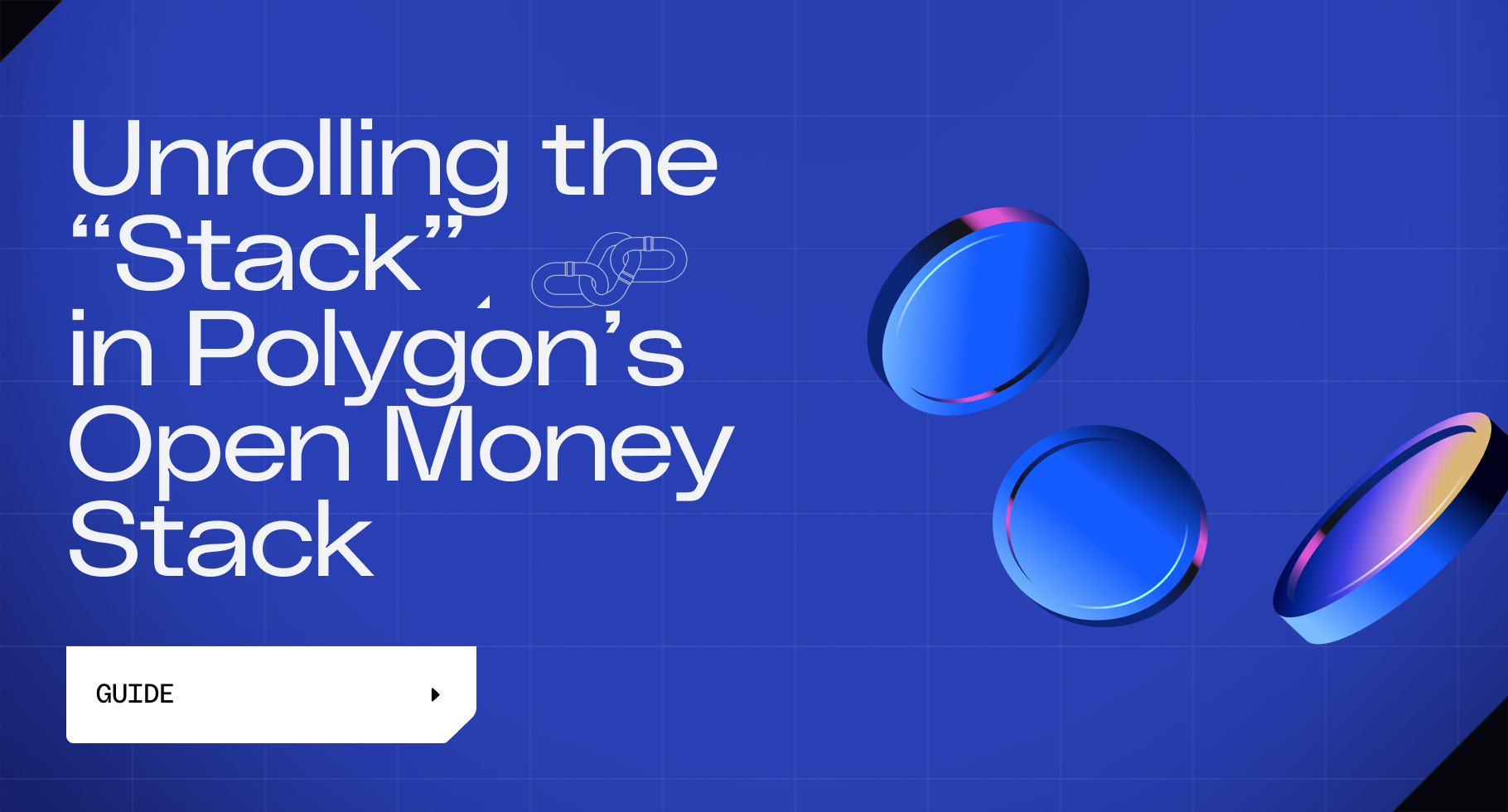
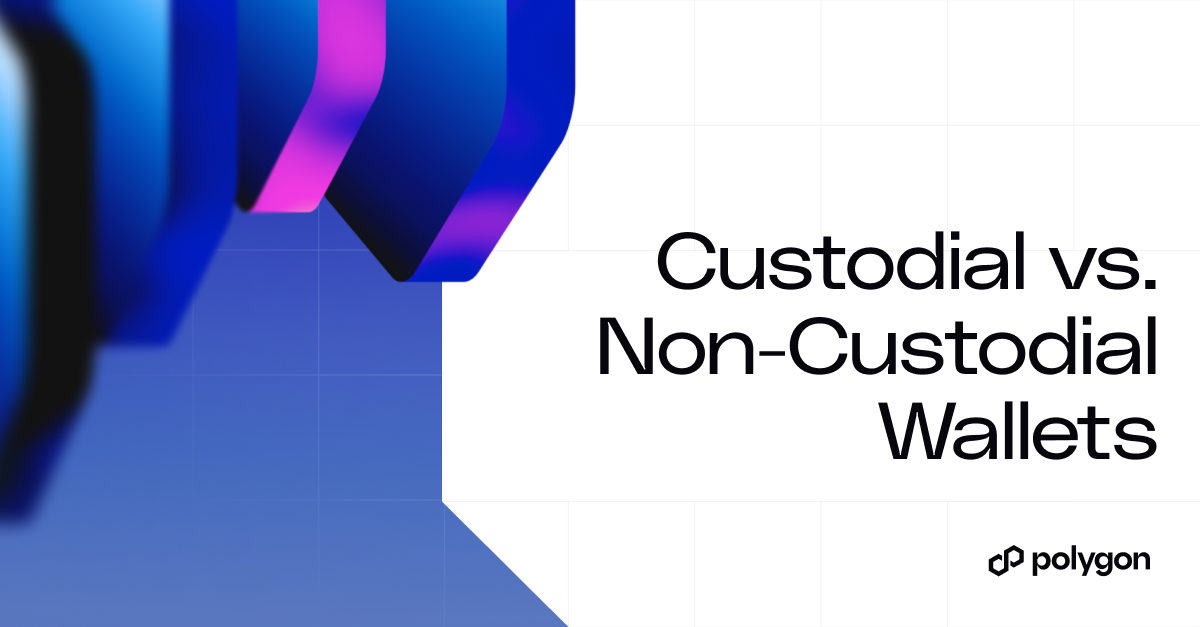
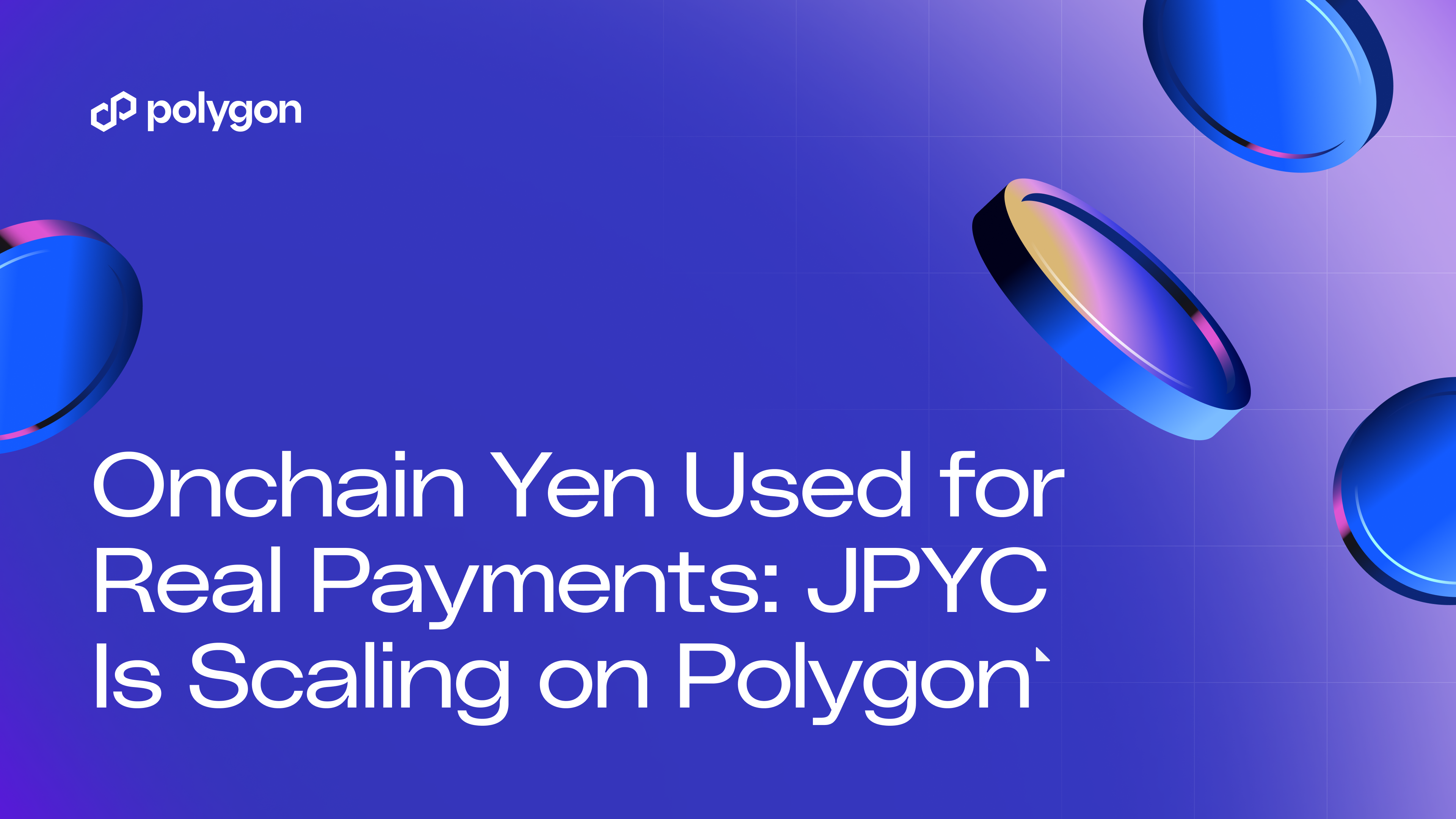
.png)
%20(1).png)
.png)
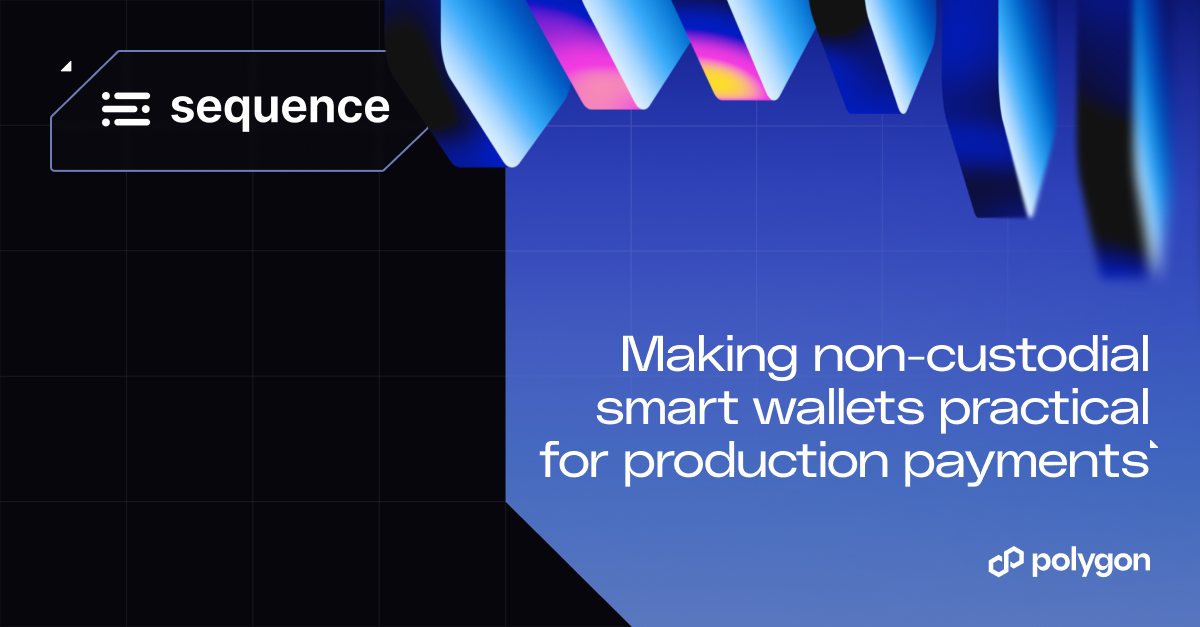


.jpg)
.jpg)
.png)